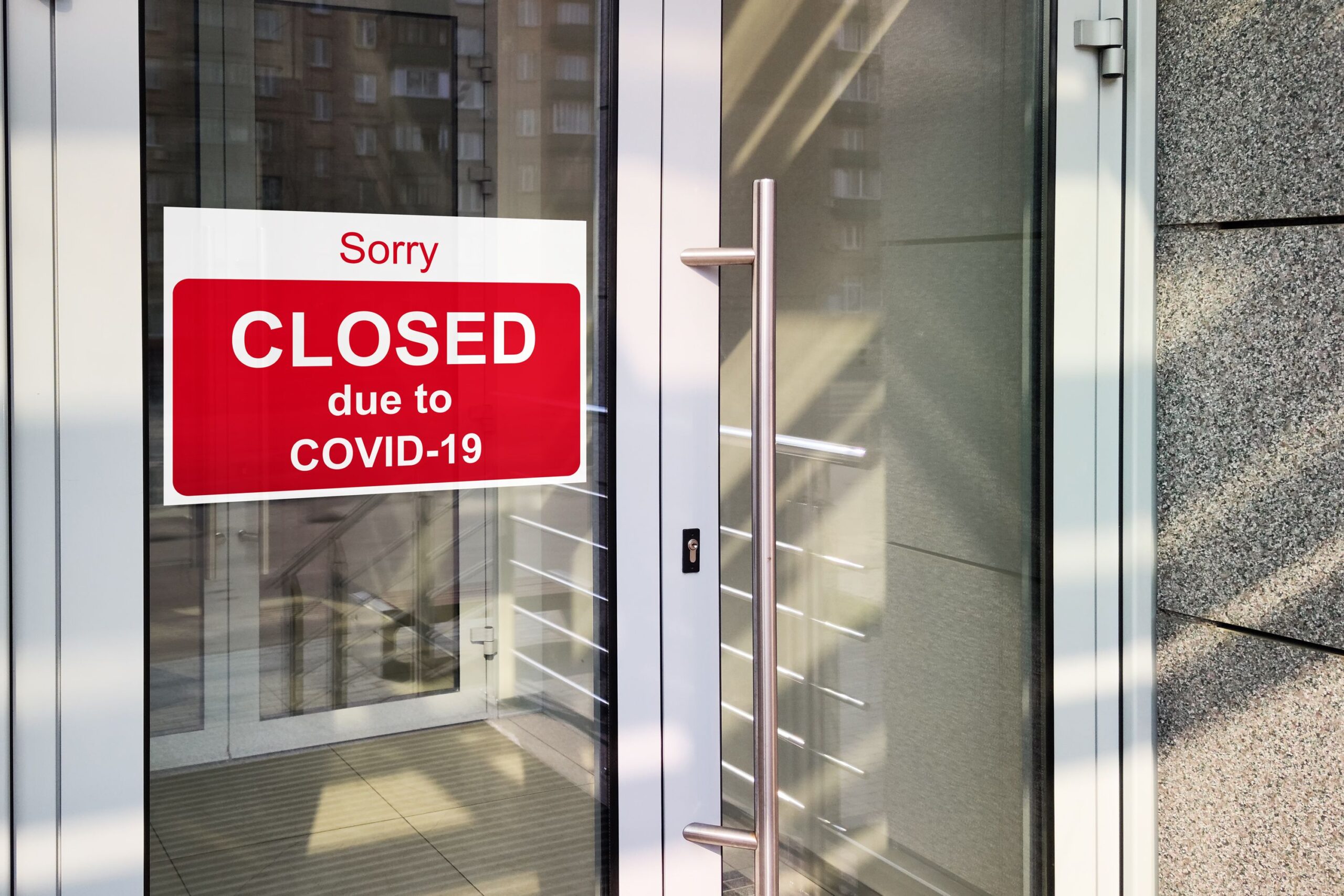
If you are a sole trader, a bounce back loan you took to support your business through Covid 19 can be included in an IVA.
Included in this article:
- Are you allowed to include a bounce back loan in an IVA?
- Can you still run your business?
- Will it be treated as fraud?
- Can you stay with the same bank?
Want help to start an IVA?
Give us a call: 0800 011 4712 or complete the form below to speak to one of our experts
Are you allowed to include a bounce back loan in an IVA?
Like many people, you may have taken a bounce back loan to support your self employed business through the coronavirus pandemic.
Where you are self employed and have been running your business as a sole trader, you are personally liable for the repayment of this debt. In other words, if your business can’t afford to repay the loan, the bank will chase you personally for its repayment.
Because of this personal liability, the bounce back loan is treated just like any other unsecured debt. As such, it can be included in an IVA.
In fact, if you are planning to start an IVA, you should always include your bounce back loan. This is regardless of whether you believe you can keep up with the repayments or not. If you don’t, the Arrangement will not protect you if you subsequently can’t pay. Enforcement action taken against you by the bank could then put the IVA at risk.
If your business is a limited company, you are not usually personally liable for the bounce back loan you borrowed. As such you will not be able to include it in your IVA.
Struggling to get your head round all of this? We can help. Call us (0800 011 4712) or complete the form at the bottom of this page. The advice is free and confidential.
Can you still run your business during your IVA?
If your business is viable, you can continue to run it during your IVA.
The IVA solution is designed with self employed business people in mind. The idea is that if the burden of all your debts is taken away, you should then be able to focus on running your business.
Hopefully moving forward, your business will work and grow. As a result, you will be in a position to repay more towards your debts.
Of course, being able to generate a regular income is a requirement for starting an IVA. This is because you need to be able to show you can maintain the required monthly payment. If you have stopped trading, you will need to secure an alternative source of income before applying.
Your income can come from employment elsewhere or from a new business you start up.
If you decide to start a new business, you might not be able to start an IVA for 6 months. This is to give time for it to get established and provide a track record of generating enough income to support you and the required monthly payment.
If your business is not viable and you have no other income coming in, going bankrupt might be a better option to consider.
Will including a bounce back loan in an IVA be treated as fraud?
The fact that you have taken a bounce back loan which you now can’t repay is not fraudulent in itself. It is a fact of life that not all businesses succeed.
Including this type of debt in an IVA should not be an issue as long as you believed your business would be viable and you borrowed no more than the amount you were entitled to. The limit was 25% of your business’s turnover to a maximum of £50k.
If you borrowed more, there is a risk that the bank will be unwilling to support your IVA proposal.
In this scenario, the worst that will happen is that you will be unable to go ahead with the Arrangement. However even then, it is unlikely that any accusation of fraud will be made against you.
Where you have not yet made any repayments towards your loan, it is still possible to include it in an IVA. However the risk of rejection is greater than if you have made at least 2-3 repayments.
Can you stay with the same bank?
It is likely that your business bank account is held at the same bank from whom you borrowed your bounce back loan. As such, if you include it in an IVA, you will need to stop using that bank and open an alternative account elsewhere.
This is because of the banking set off rule. The rule allows the bank to take money from one account in your name to pay another which has fallen into arrears. So, if you have funds in a current account but don’t pay your loan, the bank can take the payment regardless and without your authority.
The only way to guarantee this does not happen is to move your banking to a different bank.
If your credit rating is currently good, you should have no issue with opening a new business account. Where it is poor, this may not be possible. In these circumstances you may have to open a personal basic account and use this for your business.
Want more advice about your bounce back loan and an IVA. Call us (0800 011 4712) or complete the form below. Its free and confidential.


